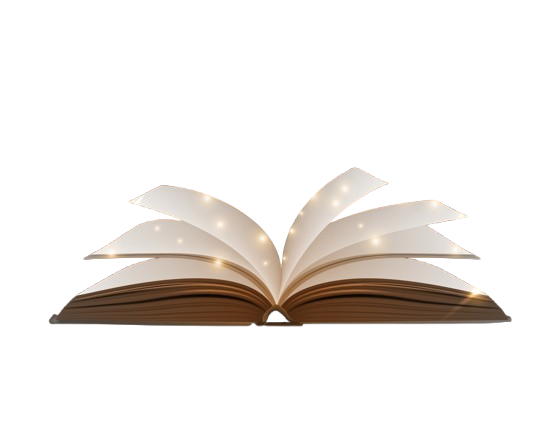Psycho by Robert Bloch: The inspiration for the iconic Hitchcock film, this novel tells the chilling story of Norman Bates and his mother.
"Psycho" is a psychological horror novel written by Robert Bloch, first published in 1959. The story revolves around the character of Norman Bates, a seemingly mild-mannered young man who operates a motel in a quiet, remote location. The novel delves into the twisted and disturbing relationship between Norman and his overbearing mother, Norma.
The novel's plot takes a dark turn when a young woman named Marion Crane checks into the Bates Motel while on the run after embezzling money from her employer. Norman Bates becomes infatuated with Marion and ends up committing a shocking act that sets off a series of mysterious and unsettling events. The story is known for its suspenseful and unsettling atmosphere, exploring themes of identity, duality, and the darkness that can exist within seemingly ordinary individuals.
"Psycho" was loosely inspired by the real-life crimes of Ed Gein, a Wisconsin serial killer and grave robber who had a complex relationship with his mother. The novel was met with critical acclaim upon its release and gained widespread popularity. In 1960, Alfred Hitchcock adapted the novel into a film of the same name, which became a landmark in the horror genre and is considered one of Hitchcock's greatest works.
The film's iconic shower scene and Bernard Herrmann's haunting musical score are particularly well-known. The success of the film further cemented the legacy of "Psycho" and helped it become a cultural phenomenon. Both the novel and the film have had a lasting impact on horror and suspense storytelling, influencing countless works in literature and cinema that followed.

